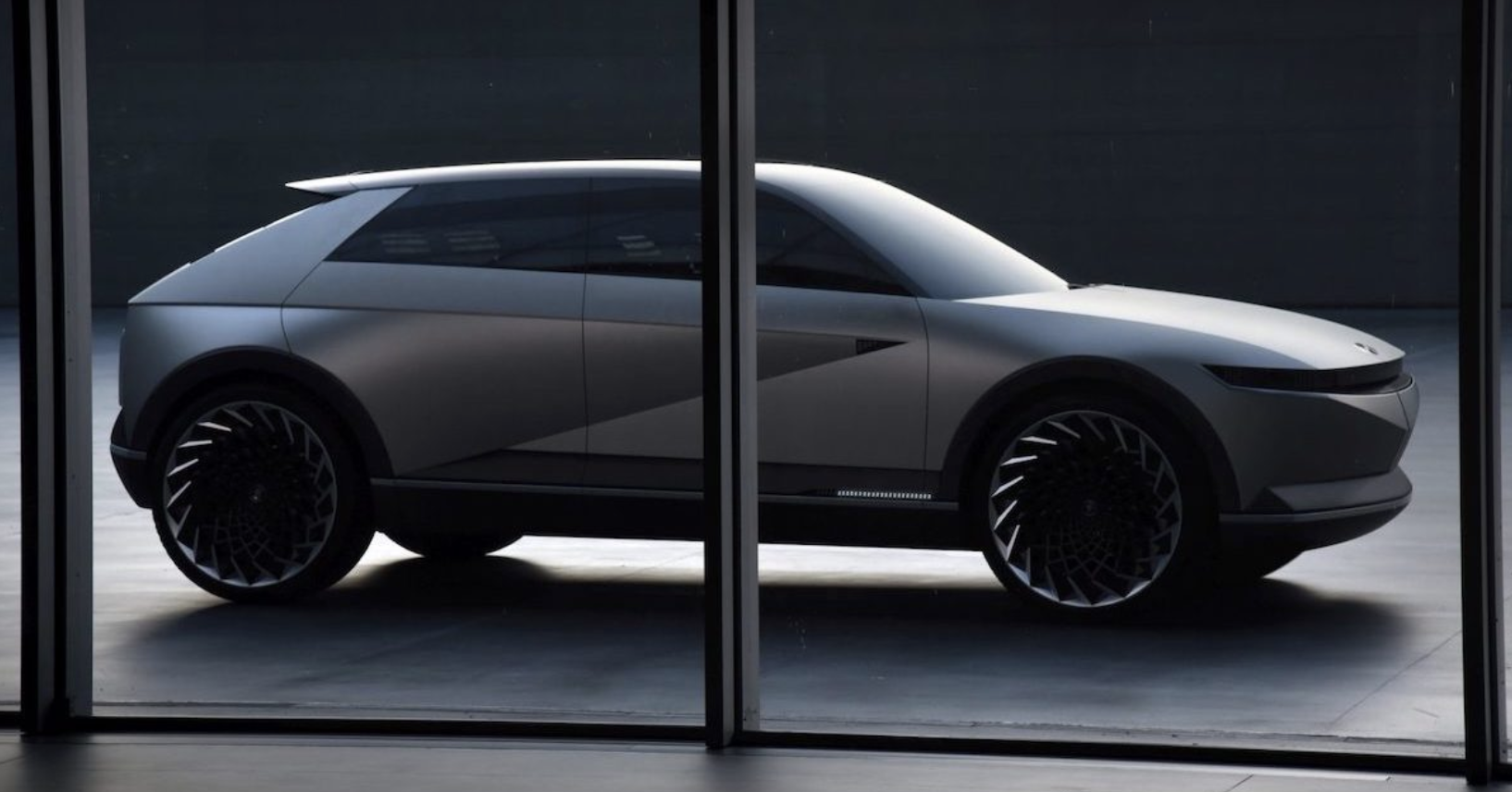British electronics company Dyson had announced two years ago that it is building its first electric car manufacturing plant in Singapore, which is slated for completion in 2020.
However, Dyson said last year that it’s scrapping the SGD 4.3 billion (USD 3.1 billion) electric car project and closing its electric car facilities in both the UK and Singapore.
This void left by Dyson is now filled by Hyundai Motor. The South Korean carmaker will be setting up an electric vehicles (EV) manufacturing plant at Bulim Avenue in Jurong, which is slated to be operational by 2022.
The “smart manufacturing” plant will be housed within a 28,000 square meter Hyundai Mobility Global Innovation Centre, which carries out R&D and training processes, among other things.
The facility will also carry out artificial intelligence research, investment activities, and trial new mobility services.
Hyundai will be made in Singapore
Hyundai’s presence in Singapore is rather groundbreaking. It is the first time Hyundai chose a country that does not have a car manufacturing industry.
This move also means that Hyundai will soon be made in Singapore.
According to sources, Hyundai’s first EV project will be an electric compact crossover, reportedly called the Ioniq 3.
Teo Hock Seng, executive chairman of Hyundai distributor Komoco Motors told
that 30,000 electric cars will be produced in Singapore. Out of this figure, 5,000 to 6,000 units will be sold to the local market.This upcoming facility will not only create job opportunities for Singapore, but also benefit adjacent industries which are already well-established here.
A Hyundai Motor spokesperson said that the facility will create “hundreds of jobs”.
This move by Hyundai is aligned with the government’s push towards electric vehicles. Singapore has expressed its ambition to phase out petrol, or internal combustion engine (ICE), vehicles by 2040.
To scale up into a nationwide electric mobility ecosystem, Singapore has also pushed forward with shared electric scooters, electric taxis, and even driverless electric buses.
Most recently, Tesla is widely-reported for its hiring rounds in Singapore, sparking rumours of its possible entry here.
With Tesla’s presence in Singapore, the adoption of electric cars may definitely see a spike.
While EVs are set to be a mainstay here, the government must first address concerns such as the lack of EV charging infrastructure and the high cost of ownership for Singaporeans to buy-in the idea of electric car adoption.
